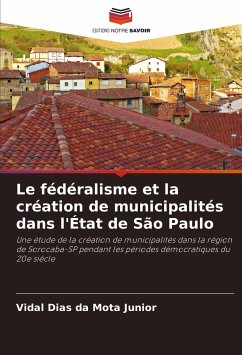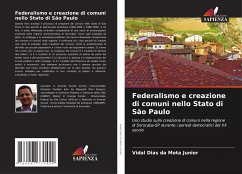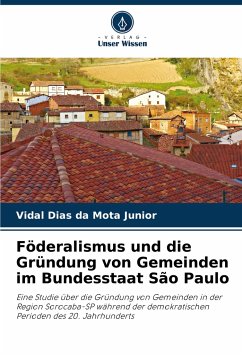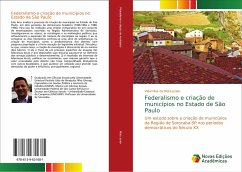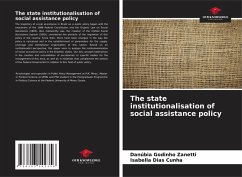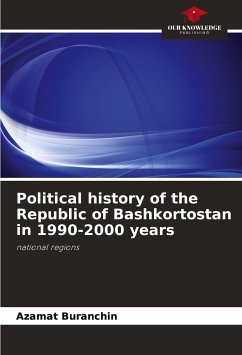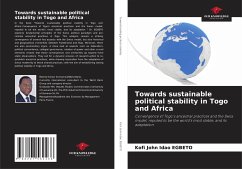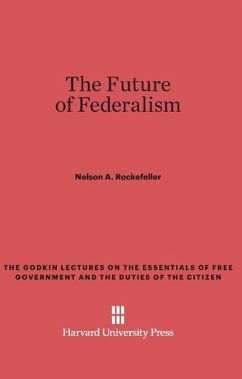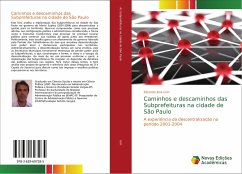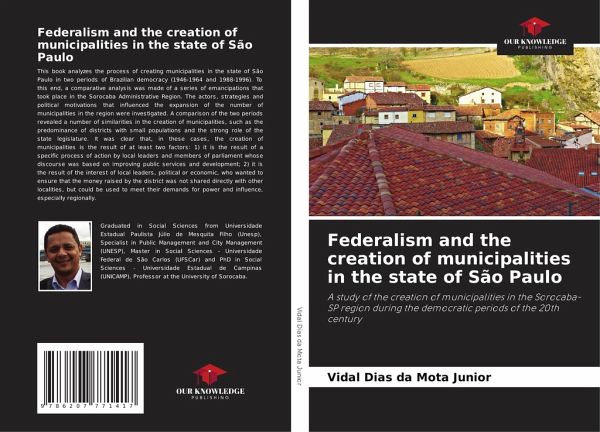
Federalism and the creation of municipalities in the state of São Paulo
A study of the creation of municipalities in the Sorocaba-SP region during the democratic periods of the 20th century
Versandkostenfrei!
Versandfertig in 6-10 Tagen
47,99 €
inkl. MwSt.

PAYBACK Punkte
24 °P sammeln!
This book analyzes the process of creating municipalities in the state of São Paulo in two periods of Brazilian democracy (1946-1964 and 1988-1996). To this end, a comparative analysis was made of a series of emancipations that took place in the Sorocaba Administrative Region. The actors, strategies and political motivations that influenced the expansion of the number of municipalities in the region were investigated. A comparison of the two periods revealed a number of similarities in the creation of municipalities, such as the predominance of districts with small populations and the strong ...
This book analyzes the process of creating municipalities in the state of São Paulo in two periods of Brazilian democracy (1946-1964 and 1988-1996). To this end, a comparative analysis was made of a series of emancipations that took place in the Sorocaba Administrative Region. The actors, strategies and political motivations that influenced the expansion of the number of municipalities in the region were investigated. A comparison of the two periods revealed a number of similarities in the creation of municipalities, such as the predominance of districts with small populations and the strong role of the state legislature. It was clear that, in these cases, the creation of municipalities is the result of at least two factors: 1) it is the result of a specific process of action by local leaders and members of parliament whose discourse was based on improving public services and development; 2) it is the result of the interest of local leaders, political or economic, who wanted to ensure that the money raised by the district was not shared directly with other localities, but could be used to meet their demands for power and influence, especially regionally.





